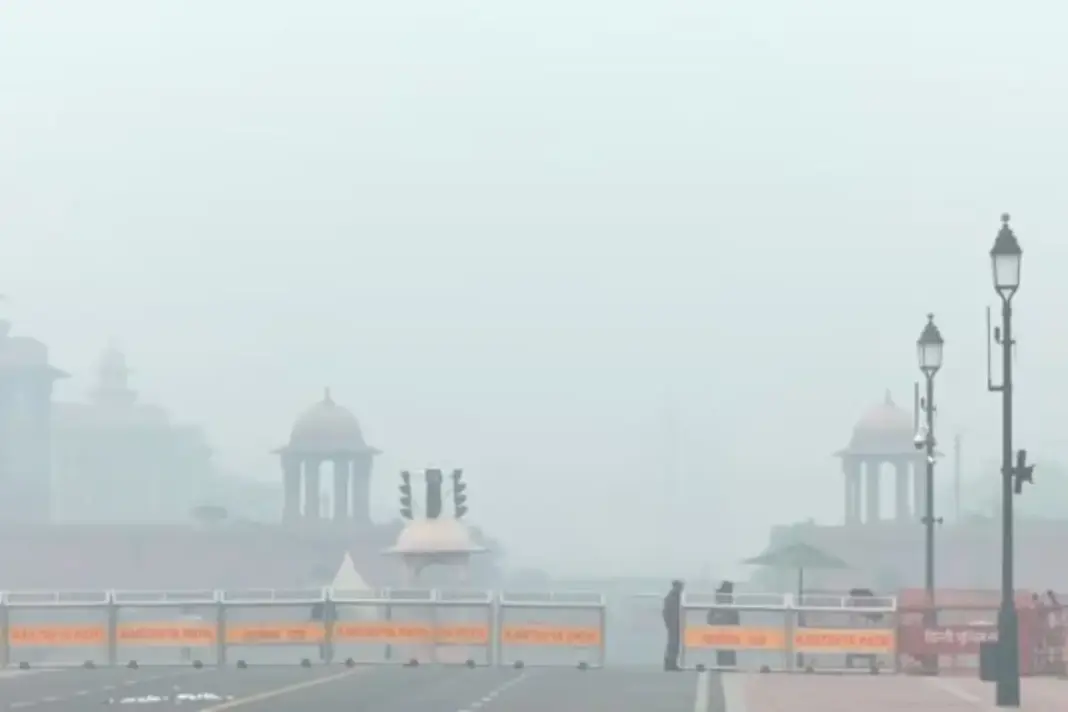Delhi Pollution:The air quality in the national capital was slotted into the ‘very poor’ category for the third day in a row. As per measurements taken by the Central Pollution Control Board (CPCB) by 4 pm, Delhi’s 24-hour average Air Quality Index (AQI) was recorded at 309, an improvement over 366 on Sunday. Although relatively better meteorological conditions afforded some temporary relief to the metropolitan city, overall air quality remains hazardous to the residents.
DON'T MISS
Missing Observations from Major Monitoring Sites
To add to the public’s concern, the CPCB’s Sameer app indicated that there were missing hours of observations from multiple sites of major interest. At approximately 9 pm, only 38 stations had observations, of which Burari Crossing (404) and Vivek Vihar (401) reported “severe” levels. In contrast, ITO – one of the busiest intersections in Delhi – showed an abnormally low AQI of 188 due to a lack of hourly reporting of data (it is possible the site reported low data then monitored hourly, or simply was not reporting during AQI hours). These missing observations raise questions of transparency and reliability in the monitoring system for air quality in Delhi.
Delhi Pollution Forecast: Conditions May Deteriorate
Experts caution that a western disturbance approaching the region could create a stagnant pool of air and trap pollutants nearer the ground. The Early Warning System for Delhi (EWS) warned of an AQI set to deteriorate to the ‘severe’ level on Tuesday, although Monday provided no updates to their forecasts. The Decision Support System (DSS) tasked with interpreting pollution sources had no updated report at indication of any real-time changes. Both the EWS and DSS are managed by the Indian Institute of Tropical Meteorology (IITM) in Pune, but have not responded to inquiries about the data lag.
What is in store for Delhi?
While loftiness is expected as the week goes on, the prognosis is bleak. Environmentalists agree there needs to be increased pollution control processes, and more reliable data in real-time to facilitate action by authorities and individuals. In the meantime, Delhites continue to inhale impossible air and look forward to a time of clearer skies and cleaner days.



